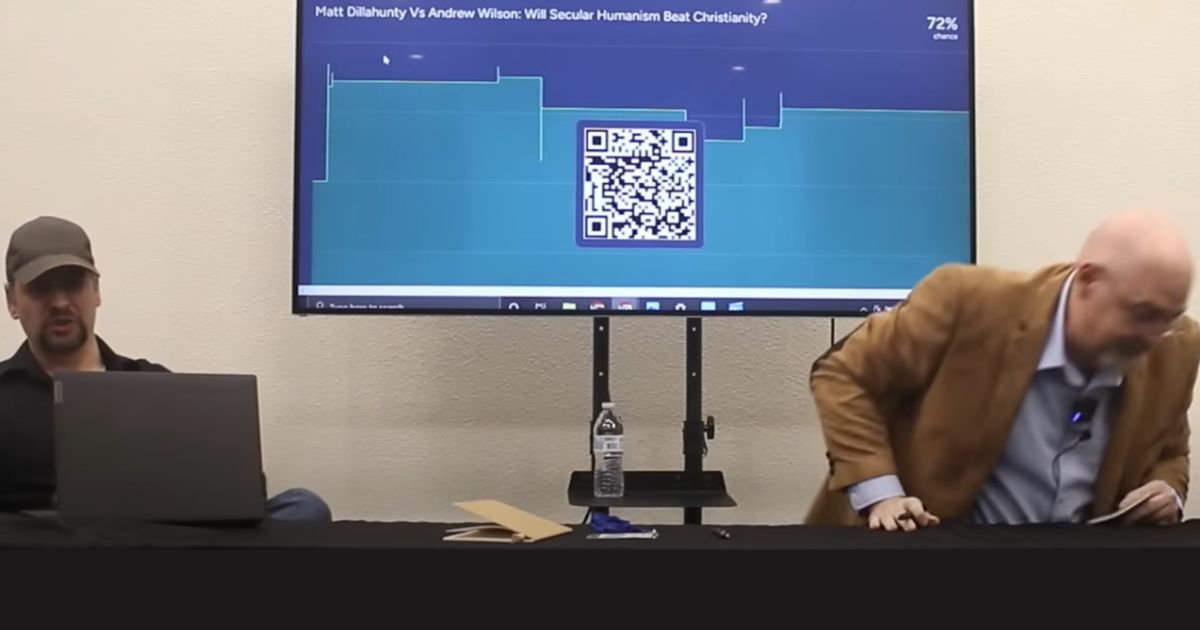"Wrong" depends on their intent. If they were intending to be able to believe in a Christian God, but just struggling to do so psychologically, then yes, they'd be going about it "wrong." It seems some believers are under this impression about them, too, as though they want to believe but are just having a hard time with it and maybe need help. But that's often not at all their intent.
One who describes God is only describing his or her beliefs.
"Measure" and "detect" are pretty scientific, empirical words. If the notion of God is non-scientific, which I think everyone can and should agree is the case, then I would stay away from words that are strongly scientific in nature, like "measure" and "detect." Maybe that's what you were trying to say here though, I don't know.
I don't think agnosticism is honesty, I think it's largely an intentional position of pacifism so as to minimize conflict and discomfort with loved ones who are ardent believers.
Absolute atheists may not have necessarily "thought the issue through very well," but that doesn't mean any believers have either. I could say that I am agnostic in the sense that absence of evidence is not evidence and absence of proof is not proof, and that technically anything is possible, especially when it comes to things that are well beyond our ability to observe or measure...
...however, to me, that leaves infinite possibilities, including countless which no religion's sacred text articulates, and countless which would conflict very strongly with the certitude that virtually all religious believers carry around. A true agnostic would give no special consideration to one specific religious myth over another. God could be a being or entity that cares about us the same as we care about an atom that is part of a bacterium living on a Demodex mite that lives at the base of one of our hair follicles. That is to say, whatever God is could be altogether oblivious to and apathetic about us. As a true agnostic, I concede that I can't prove otherwise, so it's possible, and it's no less possible than anything and everything every religious thinker in history has ever thought, written or believed.


